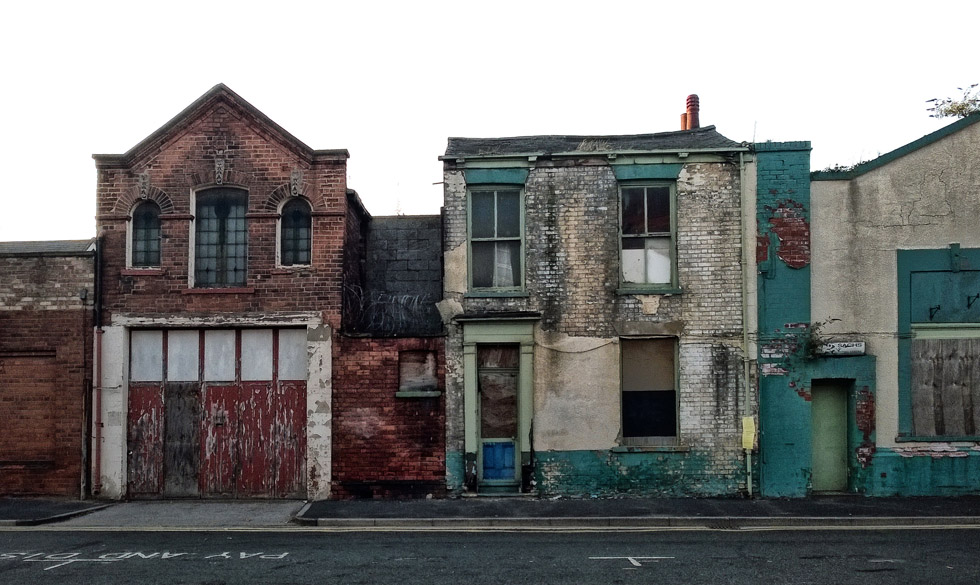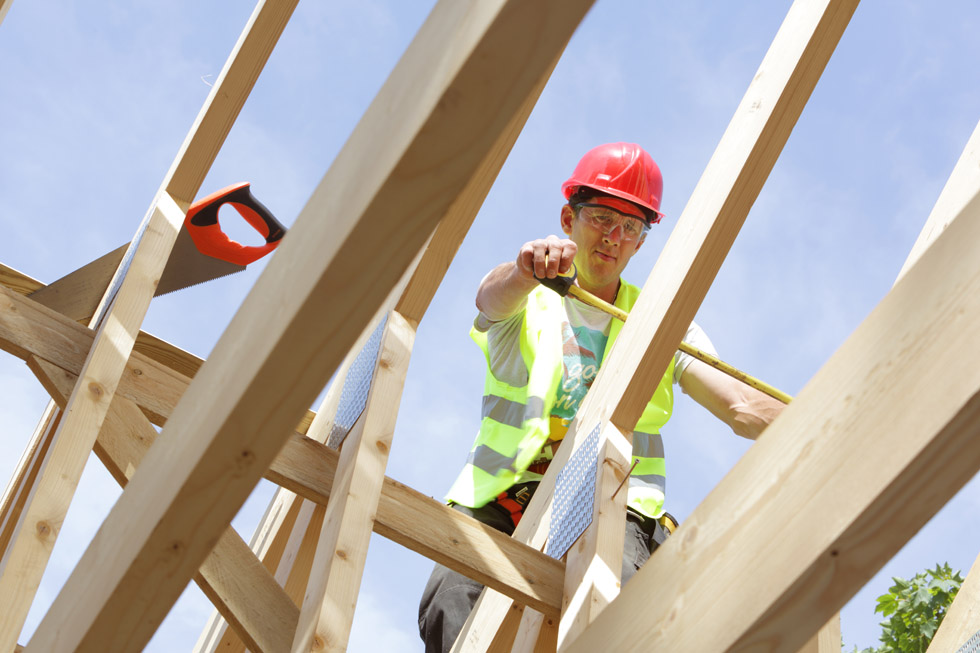Right to Regenerate Slammed as ‘Misguided’ Amid Mixed Reaction to Proposals
The Right to Regenerate would make it easier for people to challenge local authorities over vacant land

Bring your dream home to life with expert advice, how to guides and design inspiration. Sign up for our newsletter and get two free tickets to a Homebuilding & Renovating Show near you.
You are now subscribed
Your newsletter sign-up was successful
The newly proposed Right to Regenerate scheme has received a mixed reaction from industry professionals, with the proposals slammed as “misguided”.
The Right to Regenerate would make it easier for the public to challenge local authorities over derelict buildings, and help communities looking to transform their neighbourhoods. It could also represent a route to market for small sites that could be earmarked for custom and self build.
Councils and the public sector would be required to sell vacant land and buildings and release it for development. The public would then have the first right of refusal to purchase the land, and be able to turn it into new homes or community spaces.
Housing secretary Robert Jenrick said of the proposals: “Right to Regenerate is the simple way to turn public land into public good. Millions of people will now be able to buy that empty property, unused garage or parcel of land and turn it into something good for them and their community.”
A consultation into the proposals is currently open and closes on 13 March.
What the Right to Regenerate Could Mean
Mr Jenrick says the Right to Regenerate will “cut red tape”, an expression also used when the government launched its planning reforms in the summer. It is intended as a reform to the Right to Contest, which was launched to help people challenge the government to sell land or property.
The new proposals set out a proposition where the public can request the government to dispose of unused or underused land, including vacant housing or garage sites owned by public bodies.
Bring your dream home to life with expert advice, how to guides and design inspiration. Sign up for our newsletter and get two free tickets to a Homebuilding & Renovating Show near you.
Underused public land could be sold to individuals or communities by default, unless there is a compelling reason the owner should hold onto it, the government says.
As part of this, councils and public bodies would need to have clear plans for land in the future, even if it is only a temporary use before later development. If the land is kept for too long without being used, they would be required to sell it.
Proposals Spark Mixed Reaction
Some architects have been left unimpressed with the proposals. Tim Sloan at Levitate Architects, said: “It doesn’t take long to see how misguided these proposals are. Why only public land? Why isn’t the government also going after the private developers and house builders allowing their assets to go to waste?”
Meanwhile Alan Jones, president of the Royal Institute of British Architects (RIBA) urged caution over the proposals. “While giving a ‘new lease of life’ to unloved buildings might seem like an easy win that could speed up the development of new housing or community spaces, the process of procuring these empty properties – and criteria for acquiring – must be carefully considered.
“This policy has the potential to help regenerate local areas, but this must be done with the highest regard to quality, safety and sustainability – it’s essential the government moves forward in the right way.”

But Andrew Baddeley-Chappell, CEO of the National Custom and Self Build Association (NaCSBA) welcomed the scheme for its potential for ensuring greater housing diversity.
“This scheme will represent a route to market for small sites that could be earmarked for custom and self build or community-led housing. Such homes are built by SME housebuilders, and consequently boost economies and training opportunities locally, in a win-win scenario.”
Jamie Campbell and Sophie Griffiths at Campbell & Co Architects, added that key criteria need to be established to ensure that communities benefit.
“In principle, this is a really interesting proposal and we can see the aspiration of what the government would like to achieve with the Right to Regenerate," they said.
“There are some key details which will need clarification, in particular to understand who ‘the public’ are in this scenario. Genuine community groups, community land trusts, philanthropic individuals? We would certainly hope so, but what about private developers and individuals who might seek to profit from the land without a net benefit to the community?”
Jack has worked in journalism for over a decade and was the former News Editor of Homebuilding & Renovating between 2019 until 2023. In his time as News Editor he broke the most relevant and beneficial stories for self builders, extenders and renovators, including the latest news on the construction materials shortage, planning permission and green initiatives. In 2021 he appeared on BBC's The World at One to discuss the government's planning reforms.
He enjoys testing new tools and gadgets, and having bought his first home in 2013, he has renovated every room and recently finished a garden renovation.

